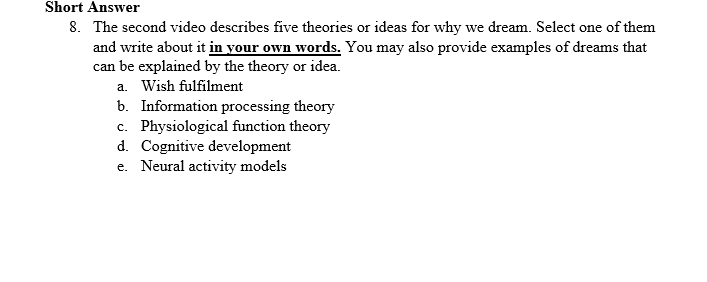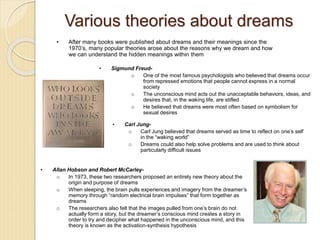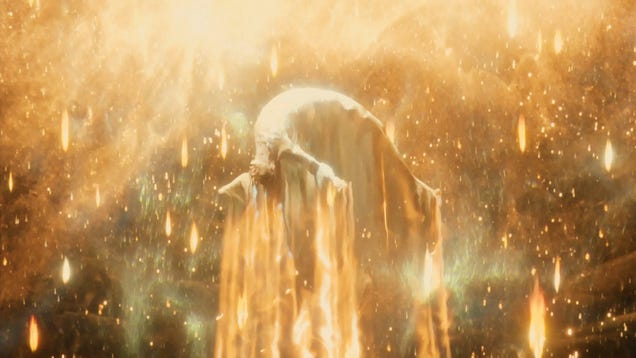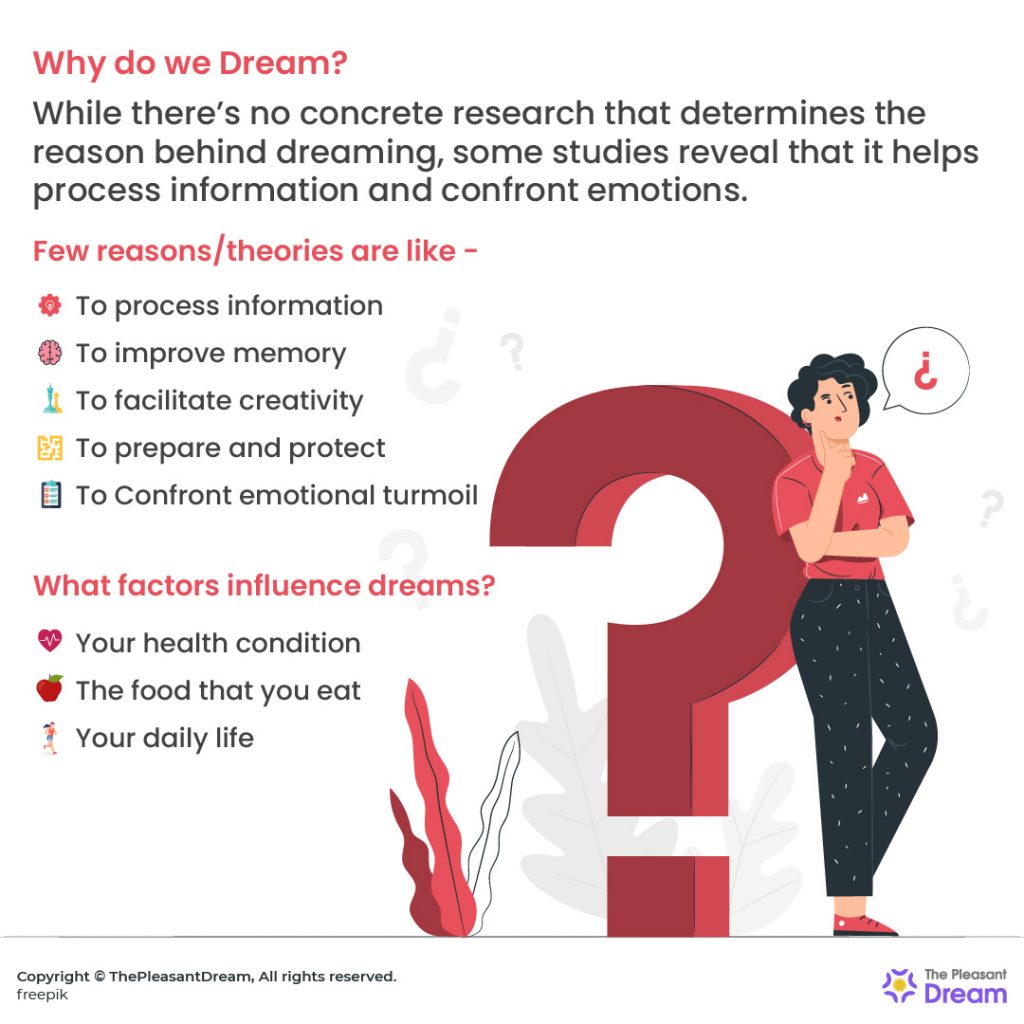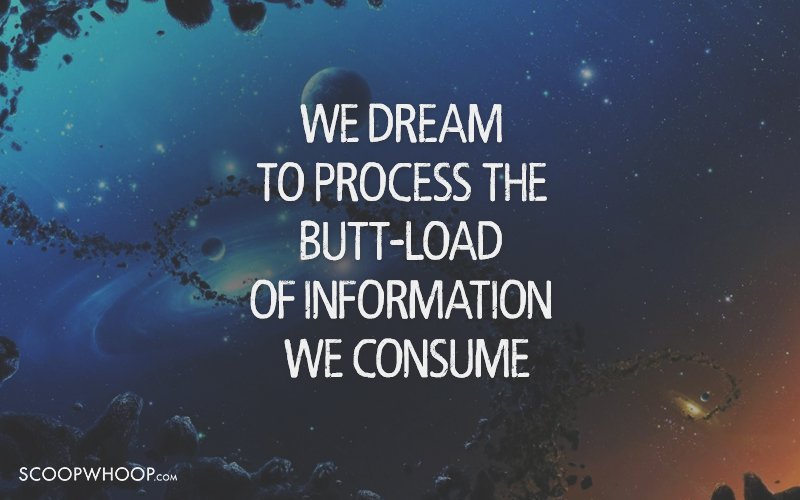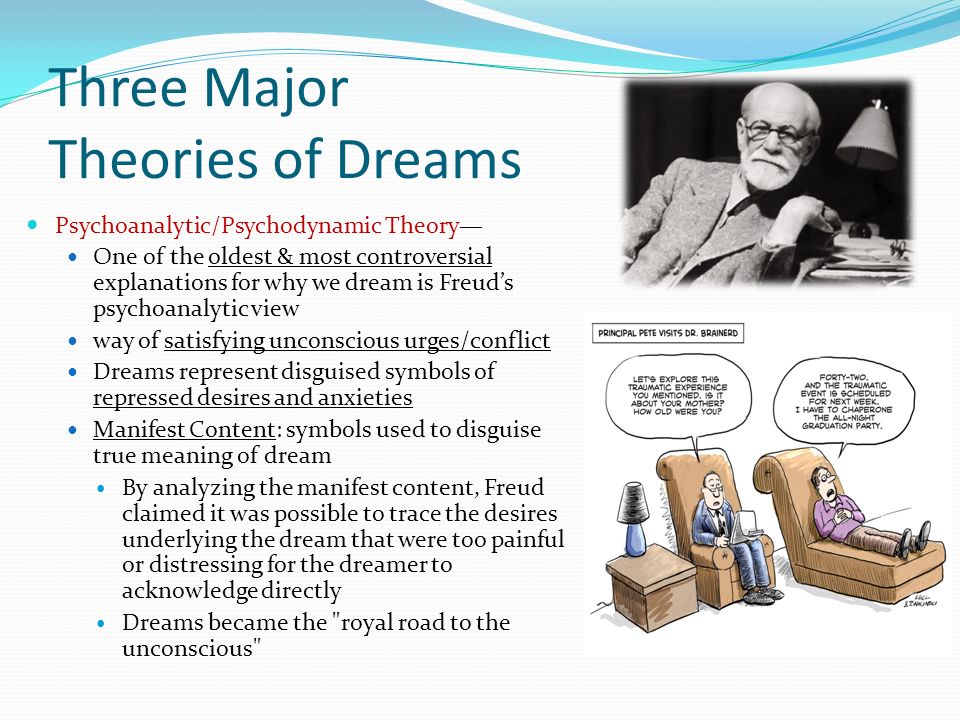Dreaming is a mysterious and fascinating aspect of the human experience. Despite centuries of study, the exact purpose and meaning of dreams remain largely unknown. There are, however, several theories that have been proposed to explain why we dream.
One of the most widely accepted theories is that dreaming serves a cognitive or psychological function, helping to consolidate memories, process emotions, and work through problems or conflicts. According to this theory, during the day, we are constantly bombarded with new information and experiences that need to be processed and stored in our memory. During sleep, our brains are thought to sort through this information, reinforcing important memories and discarding unnecessary ones. The vivid and often emotional nature of dreams is thought to be a reflection of this process, as the brain works through and organizes the day's experiences.
Another theory suggests that dreaming may serve an evolutionary function, helping our ancestors to survive and thrive in their environment. Some researchers believe that dreams may have helped our ancestors to practice and hone important survival skills, such as hunting, escaping predators, and navigating unfamiliar terrain. Others argue that dreams may have helped our ancestors to process and make sense of the social and emotional challenges they faced in their daily lives.
A third theory suggests that dreams may be a byproduct of the brain's normal functioning, rather than serving any specific purpose. According to this theory, the brain's activity during sleep is simply a reflection of the neural activity that occurs during waking hours, and the dreamlike experiences we have during sleep are simply a side effect of this activity.
Despite these theories, the true purpose and meaning of dreams remains largely a mystery. Further research is needed to fully understand the role that dreaming plays in the human experience. However, one thing is clear: dreaming is an integral part of the human experience, and will likely continue to captivate and intrigue us for centuries to come.
